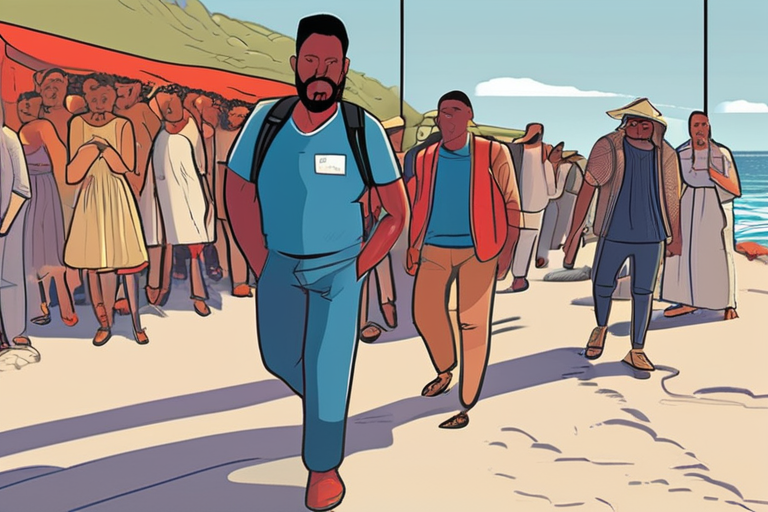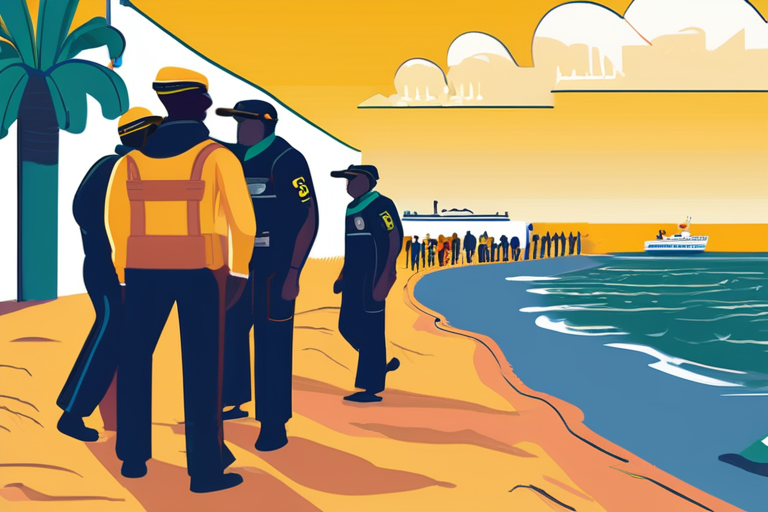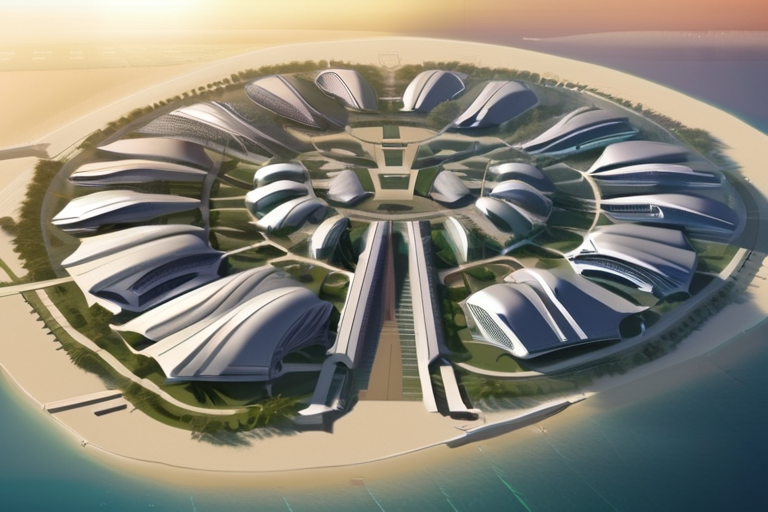He Risked His Life to Reach the Canary Islands, But Getting There Was Only the Start
LAS PALMAS, CANARY ISLANDS - For thousands of migrants who have braved the treacherous waters between West Africa and Spain's Canary Islands, arriving on these shores is only the beginning of a long and arduous journey. Many find themselves stranded for months, unable to work or access basic services, clinging to the hope that life will be better once they reach mainland Spain.
According to official figures, over 20,000 migrants have arrived in the Canary Islands since 2020, with many more attempting the perilous crossing each year. The journey is often fraught with danger, with reports of drowning, shipwrecks, and human trafficking.
"I was at sea for five days without food or water," said Ahmed, a 25-year-old migrant from Senegal who arrived on the island of Gran Canaria last month. "I thought I would never make it. But when we finally reached land, I felt like I had won the lottery."
Ahmed's story is not unique. Many migrants face similar challenges upon arrival, including language barriers, cultural differences, and limited access to resources.
"The reality is that these islands are not equipped to handle the influx of migrants," said Maria Rodriguez, a local social worker who has been working with migrant communities for over a decade. "We do our best with what we have, but it's clear that more needs to be done."
The Canary Islands' unique cultural identity, shaped by its African and European heritage, has made them an attractive destination for migrants seeking a new life. However, the islands' limited economic resources and infrastructure have put a strain on local services.
"We understand that these people are fleeing war, poverty, and persecution," said Juan Carlos, a local resident who has been advocating for migrant rights. "But we also need to think about our own community's needs. We can't just welcome everyone with open arms without considering the consequences."
As the situation continues to unfold, authorities are working to establish more efficient processing systems and provide support services to migrants. However, many experts agree that a more comprehensive solution is needed to address the root causes of migration.
"This is not just a Spanish problem or an African problem," said Dr. Sofia Rodriguez, a migration expert at the University of Las Palmas. "It's a global issue that requires a coordinated response from governments, international organizations, and civil society."
For Ahmed and thousands like him, the journey to Spain is far from over. As they wait for their asylum claims to be processed, they cling to the hope that life will be better on mainland Spain.
"I'm not giving up," said Ahmed, his eyes fixed on a distant horizon. "I'll keep fighting until I reach my destination."
Background:
The Canary Islands have been a major migration route for decades, with many migrants seeking to escape conflict, poverty, and persecution in their home countries. The islands' strategic location off the coast of West Africa makes them an attractive entry point into Europe.
Additional Perspectives:
The European Union has established a program to provide financial support to member states that receive migrant arrivals.
Human rights organizations have criticized the EU's migration policies for being too restrictive and inhumane.
Local businesses are calling for more investment in infrastructure and services to support migrant communities.
Current Status:
The Spanish government has announced plans to establish a new asylum center on the island of Tenerife, which will provide additional resources and support services to migrants. However, many experts agree that this is only a temporary solution and that a more comprehensive approach is needed to address the root causes of migration.
Next Developments:
The situation in the Canary Islands is expected to continue unfolding in the coming months as authorities work to establish more efficient processing systems and provide support services to migrants.
*Reporting by Npr.*



 Hoppi
Hoppi

 Hoppi
Hoppi

 hoppi
hoppi

 hoppi
hoppi

 Hoppi
Hoppi

 Hoppi
Hoppi











